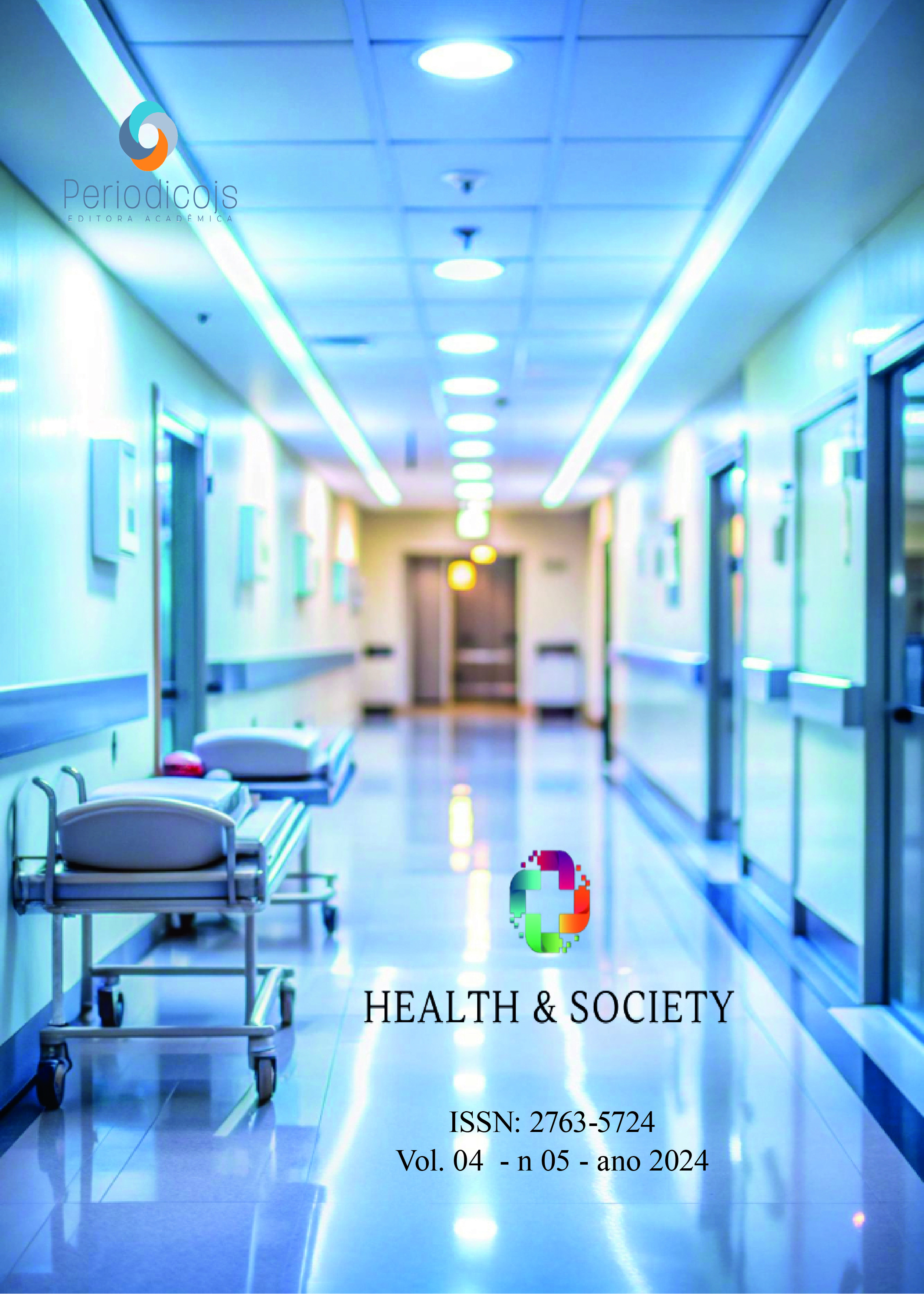Abstract
Organ and tissue donation is a very important subject in our society in general. I intend to discuss what organ donation is. The importance of organ and tissue donation. About the importance of awareness. Organ or tissue donation is an act by which the living individual decides to help in the treatment of other people. Donation may be from organs (kidney, liver, heart, pancreas and lung) or tissue (cornea, skin, bones, heart valves, cartilage, bone marrow and umbilical cord blood). The donation of organs such as the kidney, part of the liver and bone marrow can be done in life. For the donation of organs of deceased persons, only after the confirmation of the diagnosis of brain death can the procedure be performed. The most common is that it happens to people who suffer some kind of accident that causes head trauma, or who are victims of a stroke (stroke) and evolved to brain death. To understand the transplantation of the organs it is necessary to emphasize that the right to separate parts of the living or dead body integrate the personality, according to the understanding of Maria Helena Diniz (2006, p.249). Most of the time, organ transplantation may be the only life expectancy or the opportunity for a fresh start to about 40,000 patients waiting in the queue for Brazil. The gesture of family members who lose a loved one and decide to donate is an act of life, altruism and generosity, as a single donor can benefit at least ten people and make the difference between life and death. Brazil has the largest public transplant system in the world, responsible for financing about 95% of transplants. It is the second country in absolute number of transplants, behind only the United States.
References
PAULINO, Lincoln. Direitos da personalidade. Disponível em: <https://www.jusbrasil.com.br/artigos/direitos-da-personalidade/879512109>. Acesso em 05 de outubro de 2024.
FRASÃO, Gustavo. Brasil é o segundo maior transplantador de órgãos do mundo. Disponível em: <https://www.gov.br/saude/pt-br/assuntos/noticias/2022/fevereiro/brasil-e-o-segundo-maior-transplantador-de-orgaos-do-mundo>. Acesso em 05 de outubro de 2024.
BRASIL. Lei nº 9.434/1997. Disponível em: <http://www.planalto.gov.br/ccivil_03/leis/l9434.htm> Acesso em 05 de outubro de 2024.
Maia BO, Amorim JS. Morte encefálica: conhecimento de acadêmicos de enfermagem e medicina. Jornal Oficial da Associação Brasileira de Transplante de Órgãos – ABTO 2009; 12:1088-91
ALENCAR, S.C.S. Doação de órgãos e tecidos: a vivência dos familiares de crianças e adolescentes doadores. 161 f. 2006. Dissertação (Mestrado em Enfermagem) - Universidade Federal do Paraná Paraná, 2006.
AMARAL, A.S. et al. Knowledge of organ donation among one group of Brazilian professors of medicine. Transplantation Proceedings, Houston, v.34, n. 2, p. 449-450, mar. 2002.
BARCELLOS, F.C.; ARAUJO, C.L.; COSTA, J.D. Organ donation: a population-based study. Clinical Transplantation, Hoboken, v. 19, p. 33-37,fev. 2005.
CONESA, C. et al. Influence of different sources of information on attitude toward organ donation: a factor analysis. Transplantation Proceedings,Houston, v.36, n. 5, p.1245-1248, jun. 2004.
______. Multivariate study of the psychosocial factors affecting public attitude towards organ donation. Nefrologia, Santander, v.25, n.6, 2005.
ESPÍNDOLA, R.F. et al. Conhecimento de estudantes de medicina sobre o processo de doação de córneas. Arquivo Brasileiro de Oftalmologia, São Paulo, v.70, n.4,p.581,584, jul./ago. 2007.
JACOB, F. et al. Regional awareness campaing concerning organ sharing. Transplantation Proceedings, Houston, v.28,n.1, p. 393, 1996.
MARTINEZ, J.M.; MARTI, A.; LOPEZ, J.S. Spanish public opinion concernig organ donation and transplantation. Medicinal Clinic, Barcelona, v. 105, n.11, p.401-406, 1995.
MORAES, E.L.; MASSAROLLO, M.C.K.B. Recusa de doação de órgãos e tecidos para transplante relatados por familiares de potenciais doadores. Acta paulista de enfermagem, São Paulo, v.22, n.2, 2009.
Moraes, Edvaldo Leal de; Massarollo, Maria Cristina Komatsu Braga. Recusa de doação de órgãos e tecidos para transplante relatados por familiares de potenciais doadores. Artigos Originais • Acta paul. enferm. 22 (2), 2009.
MORAES, M.W.; GALLANI, M.C.B.J.; MENEGHIN, P. Crenças que influenciam adolescentes na doação de órgãos. Revista da Escola de Enfermagem da USP, São Paulo, v.40, n.4, p. 484-492dez. 2006.
NEUMANN, J. Transplante de órgãos e tecidos. São Paulo: Sarvier; 1997. 465p.
SILVA, J.N. Identificação e notificação de doadores de órgãos e tecidos em Terapia Intensiva. 2004. Monografia. Santa Catarina: Universidade Federal de Santa Catarina, 2004.
SMIRNOFF, L.A.; MERCER, M.B.; ARNOLD, R. Families understanding of brain death. Program Transplant, Progress in Transplantation, Arlington,v. 13, n.3, p.218-224, set. 2003.
TRAIBER, C.; LOPES, M.H.I. Educação para doação de órgãos. Scientia Medica, Porto Alegre, v. 16, n. 4, p.178-182, out./dez 2006.

This work is licensed under a Creative Commons Attribution 4.0 International License.
Copyright (c) 2024 Jocinete F. Nascimento





